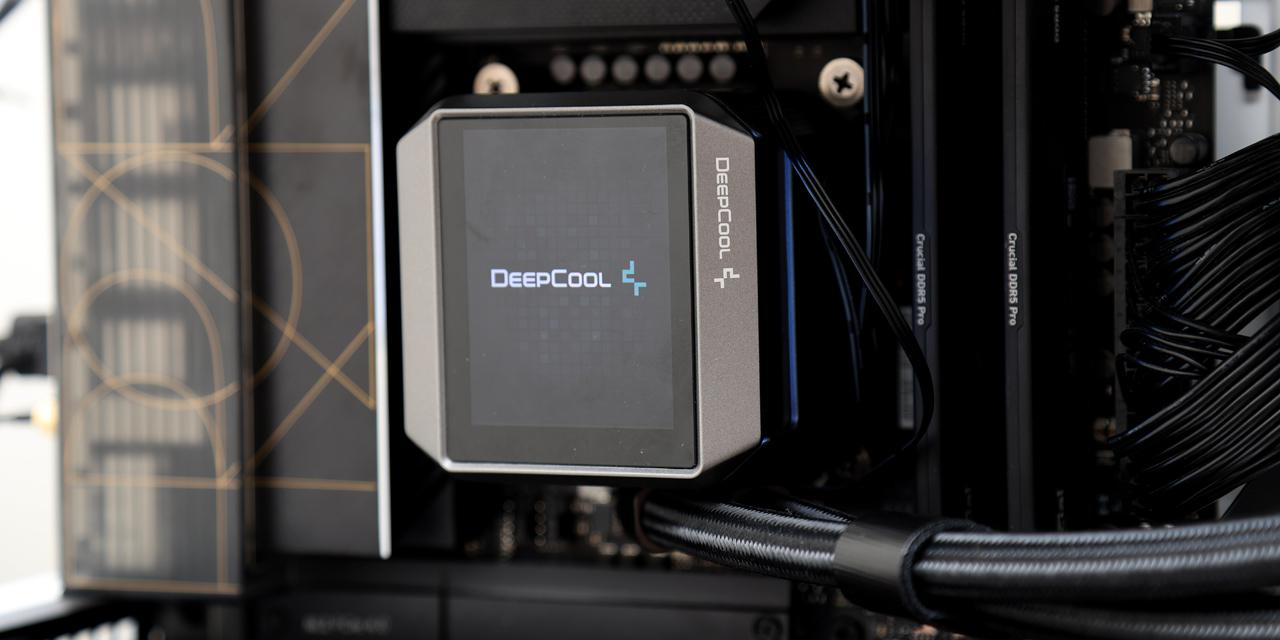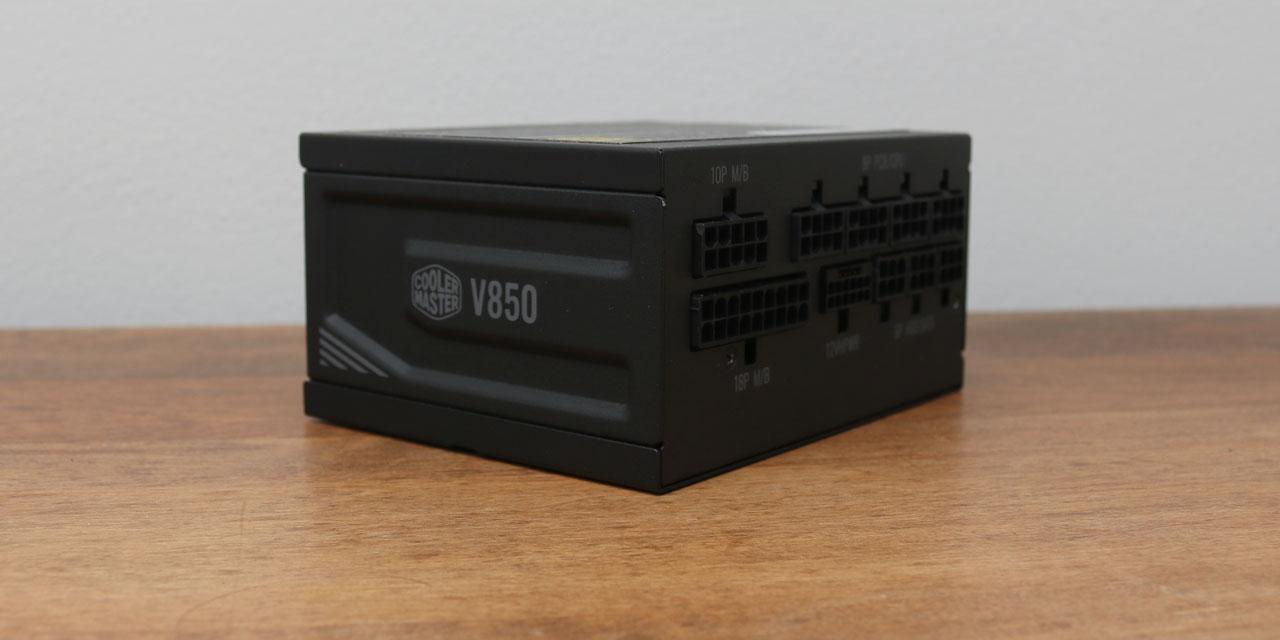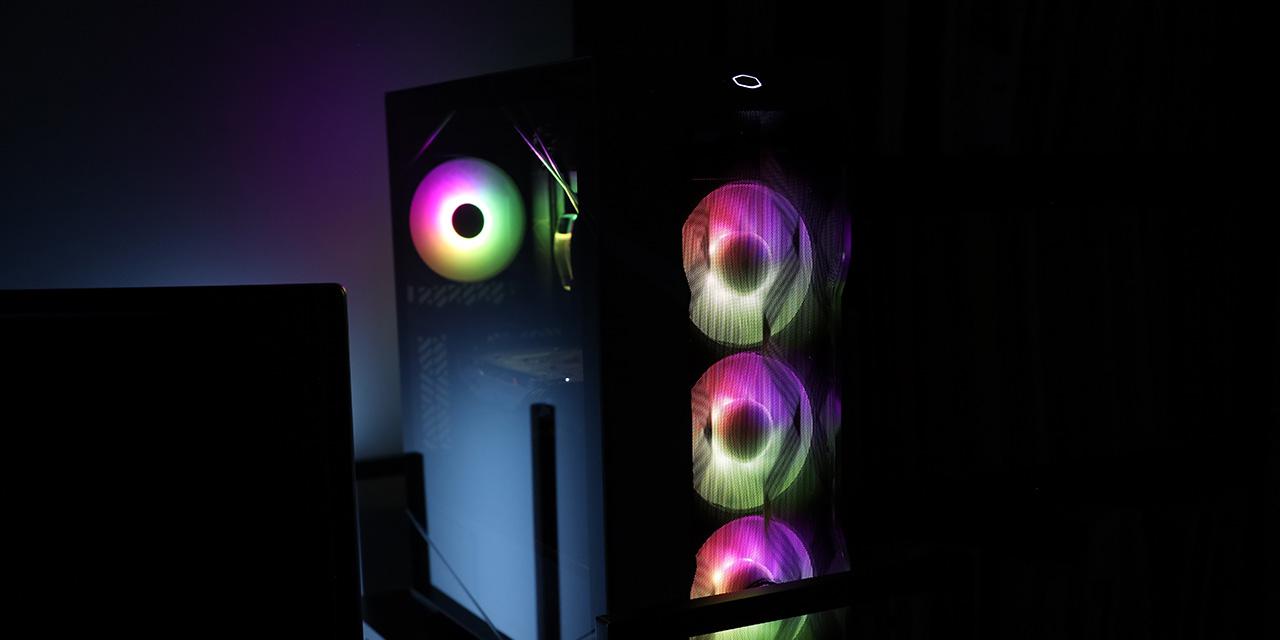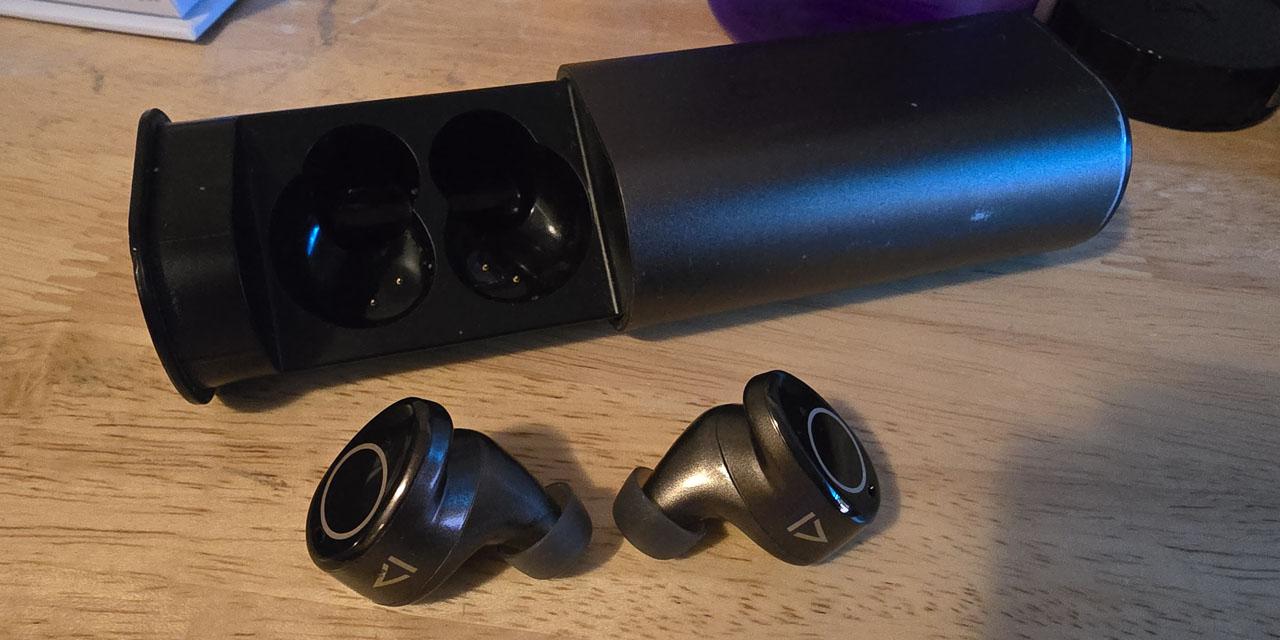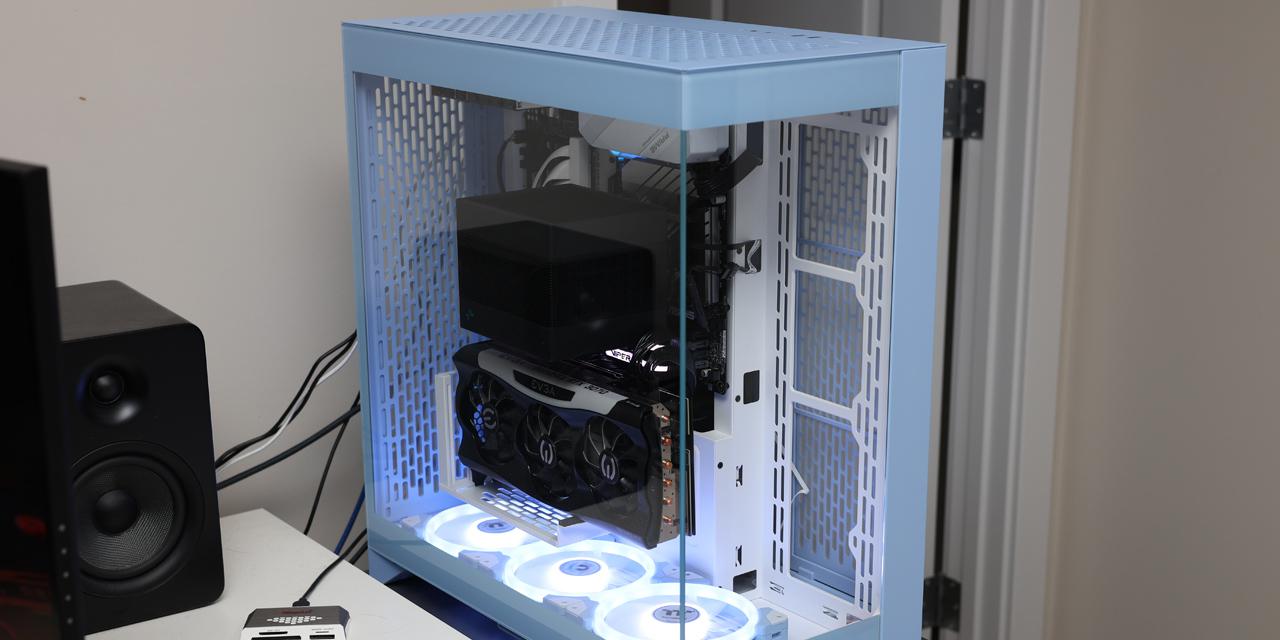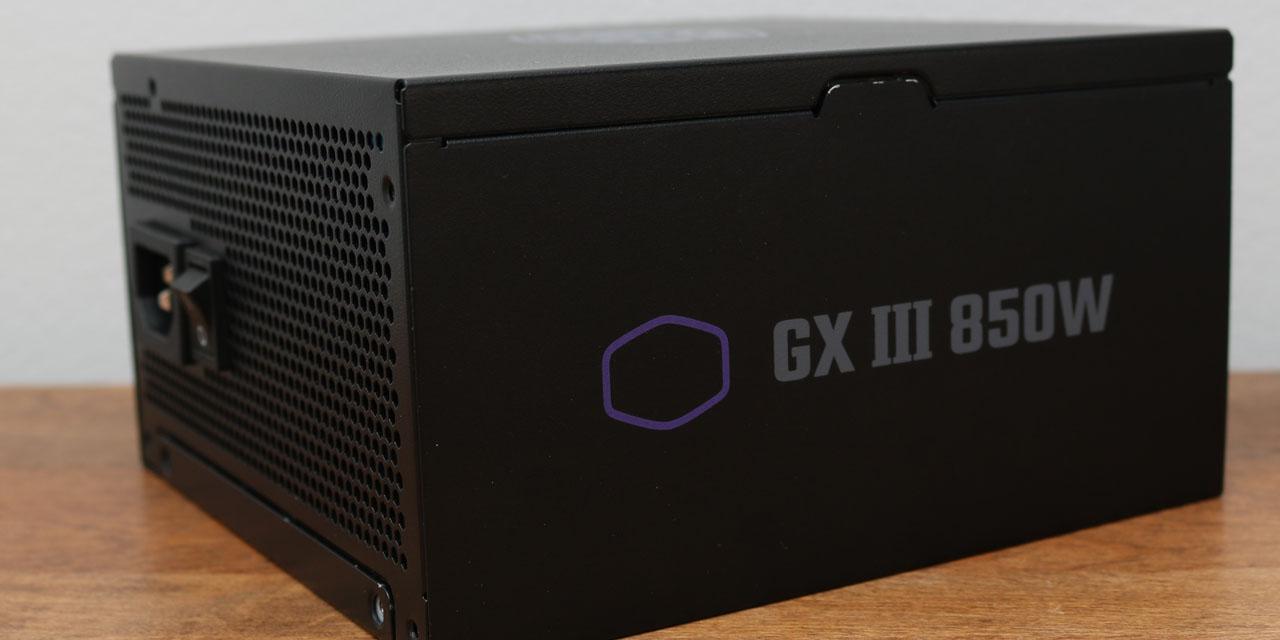|
From X-bit Labs: As chips become more complex while process technologies thinner and trickier, it becomes harder for fabless chip companies and contract makers of semiconductors to interact and consequently ramp up production of new chips quickly. With the emergence of 450mm wafer production and FinFET transistors, the collaboration between foundries and clients should become different, believes Samsung Semiconductor. "There is no doubt we are at a crossroads at the most advanced process technology nodes. In order to take positive steps forward, significant monetary and collaborative investments and resources are required from both the manufacturing and design sides of the equation," said Ana Hunter, vice president of Samsung’s North American foundry services. Intel recently predicted that due to dramatically increasing complexities of semiconductors and process technologies the foundry model would collapse in the coming years and only integrated device manufacturers (IDMs) will be able to make leading-edge chips using leading-edge manufacturing technologies. Nonetheless, given the fact that contract makers of chips are increasing their purchases of manufacturing equipment, it appears that they do not believe in the collapse of the industry. In fact, since fewer companies going forward will be able to afford own fabs, it is clear that the amount of clients for foundries will increase. Samsung Semiconductor thinks that a new approach to doing business is in order to stay competitive with pure IDMs. The foundry industry has taken huge strides on the ecosystem side to ensure that physical IP, libraries and design flows are all in place as a new process node comes online. That tight working relationship needs to be pushed beyond the partner ecosystem to include the customer’s design teams. For faster product rollout and ramp to high-volume manufacturing at the most advanced process nodes, integrated relationships between the foundry and its strategic customers where quasi-IDM operating procedures are established is key to the health and growth of the foundry industry, believes Ana Hunter, who works with clients (such as Apple) of Samsung Semiconductor's U.S.-based unit on daily basis. Fabless companies and foundries need to collaborate on the factors that allow products to be manufacturable, crossing traditional customer and vendor barriers. In fact, this is already happening as leading fabless companies learn from experience that closer integration with foundry design flows and kits, starting very early in the development cycle, enables faster feedback and improvement to both the product design and the manufacturing process. View: Article @ Source Site |
 |
Samsung Semiconductor Calls for New Foundry Business Model
© Since 2005 APH Networks Inc. All trademarks mentioned are the property of their respective owners.
